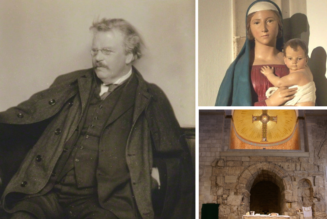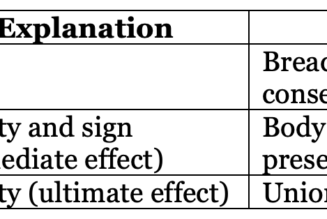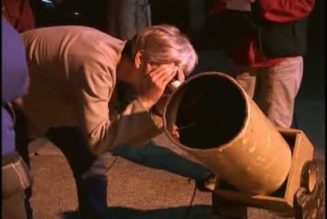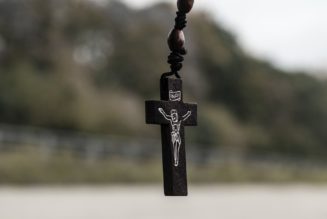From what I hear and what I see, some people are compulsive in keeping spaces tidy. Many others of us have an opposite problem. We might ask why it’s so difficult to get right how we order our spaces.
Perhaps there is no great mystery here. In the art of living it is the seemingly obvious things—often also the most important—with which we struggle. Having order in our spaces, like eating well, is very important and takes quite a bit of work. We should be patient with ourselves in these areas. Getting them right is a long-term project.
In Xenophon’s Estate Manager, an ancient and wise work on the art of running a household, we find a husband saying to his wife,
[L]et’s decide on the appropriate place for everything and, once we’ve put them there, let’s tell the housekeeper that that’s where to get them from and where to return them.
Most of us won’t do this through a housekeeper, but the principle remains. He proceeds to say how a home can be like a Phoenician trading ship: “all [its] objects stored in such a way that they didn’t obstruct one another, didn’t need a search-party, and weren’t either so loosely or so tightly packed as to cause a delay when there was urgent need for something.” Given that ships achieve such order, “it would be very stupid for us…not to be able to find a correct and accessible place for each of our things.”
I don’t think the implication is that it will be easy. The comparison to the ship rather highlights the importance of getting this right. A household, like a ship, has somewhere to go, and to get there requires an artful ordering of many things. It would be ‘stupid,’ given the much greater significance of the household’s mission, if our home is not the object of at least as much vigilance in its physical disposition.
The ship analogy highlights the practical importance of being able to find things when we need them. But there is more: at issue here is beauty as well as practicality. “What a wonderful sight is a regular display of jars all kept nicely separate! I know it particularly provokes superficial people to mockery, but profound people agree. This regularity explains why everything else too looks more beautiful when it is arranged and ordered.”
Having a place for everything and storing things in order has an aesthetic aspect of the first importance. Home should be a place of beauty. Home especially is where we practice and learn a key truth: the realm of practical things is the first and foundational context for making beauty. Such beauty is producible and accessible to everyone, and so in a sense it is the most human beauty we can make with our hands.
Such making is powerful life-formation and reminder to young and old alike that beauty matters. “What a wonderful sight is clothing of all kinds, and blankets, and metalware, and tableware, when each item is stored separately!” These words of Xenophon ring true.
The point here is not to condemn our shortcomings or demand a cleanliness and order that might be beyond us. Rather we can begin by recognizing the amazing gift that is at least to some extent in our reach. We can start in small corners of our home–even just re-arranging a shelf.
Perhaps we have been missing the main brush and canvas for our artistic inclinations. Humble in form and execution and escaping the eye of the broader public, this artistry—so much a part of the art of life itself—may well be the most significant and fruitful physical work that we do. For the beauty of our homes. For the beauty of our shared life. ~ ~ ~
Our Popular Video on Making Beauty:
Prof. Mike Brown’s presentation on VIRTUE from our LifeCraft Day at the Barn in early October:
“Hey you, stop underestimating the power of your bodily routines.” Thus says Felicia Wu Song in reflecting on the significance of our digital practices. She even suggests we consider these practices as a kind of ‘liturgy,’ an embodied common practice that both…
The term ‘philosopher kings’ sticks in the head of students of ancient philosophy. In Plato’s Republic Socrates memorably asserts that “until philosophers take control of a city, there’ll be no respite from evil for either city or citizens…” Plato’s assertion here has…
Discouragement, or at least its temptation, regularly accompanies intentional living. Even if we do not formulate it explicitly we find ourselves feeling “why do the good things I want have to be so difficult?” It is a consolation to know this is not unique to our…
Husband, father, and professor of Philosophy. LifeCraft springs from one conviction: there is an ancient wisdom about how to live the good life in our homes, with our families; and it is worth our time to hearken to it. Let’s rediscover it together. Learn more.












